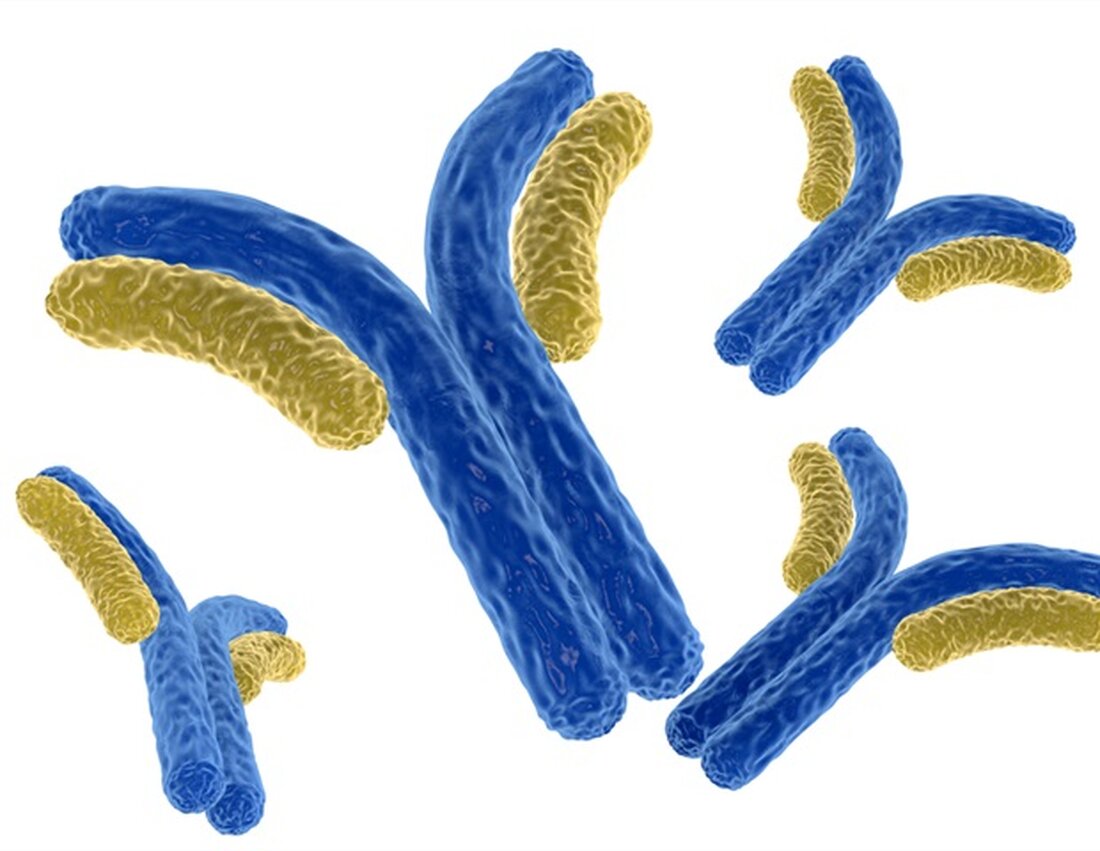Cat allergen immunotherapy works better and faster when combined with monoclonal antibodies
An experimental approach to improving a standard cat allergy treatment made it more effective and worked faster, and the benefits lasted a year after treatment ended, a study supported by the National Institutes of Health found. The results were published in the Journal of Allergy and Clinical Immunology. Allergen immunotherapy, often called allergy shots, is a long-term treatment that relieves allergy symptoms in people with conditions such as allergic rhinitis or allergic asthma by reducing their sensitivity to allergens. However, achieving lasting symptom relief requires at least three years of allergy shots and this does not work for everyone. …

Cat allergen immunotherapy works better and faster when combined with monoclonal antibodies
An experimental approach to improving a standard cat allergy treatment made it more effective and worked faster, and the benefits lasted a year after treatment ended, a study supported by the National Institutes of Health found. The results were published in the Journal of Allergy and Clinical Immunology.
Allergen immunotherapy, often called allergy shots, is a long-term treatment that relieves allergy symptoms in people with conditions such as allergic rhinitis or allergic asthma by reducing their sensitivity to allergens. However, achieving lasting symptom relief requires at least three years of allergy shots and this does not work for everyone.
People with chronic allergy symptoms may experience reduced productivity and quality of life. Developing allergen immunotherapies that work better and faster than those currently available would provide many people with much-needed relief.”
Anthony S. Fauci, MD, Director, National Institute of Allergy and Infectious Diseases
To this end, NIAID-supported researchers tested whether giving people with allergic rhinitis caused by cat allergens a monoclonal antibody called tezepelumab plus cat allergy shots would safely provide better, faster, and longer-lasting symptom relief than allergy shots alone. Allergic rhinitis is an inflammation of the nasal lining that causes symptoms such as sneezing, runny nose, stuffy nose, watery eyes, problems with smell, and itchy nose, mouth, or eyes.
The Phase 1/2 clinical trial, called CATNIP, was led by Jonathan Corren, MD, and conducted by the NIAID-funded Immune Tolerance Network. Dr. Corren is an associate clinical professor of medicine at the David Geffen School of Medicine at UCLA in Los Angeles. Tezepelumab was donated to the study by Amgen Inc. of Thousand Oaks, California, and AstraZeneca of Gaithersburg, Maryland.
Tezepelumab blocks a protein called thymic stromal lymphopoietin (TSLP), a type of cell signaling molecule or cytokine called alarmin. Cells that cover the surface of organs such as the skin and intestines or line the inside of the nose and lungs rapidly secrete TSLP in response to potential danger signals. In allergic diseases, TSLP helps trigger an over-reactive immune response to otherwise harmless substances such as cat dander, leading to inflammation of the airways that leads to the symptoms of allergic rhinitis.
The CATNIP study enrolled 121 adults ages 18 to 65 at nine medical centers in eight cities in the United States. Participants were randomly assigned to receive either tezepelumab plus subcutaneous cat allergy shots, tezepelumab plus placebo shots, placebo plus allergy shots, or double placebo. Until the end of the study, no one knew who received which therapy. The treatment period lasted 48 weeks and the study team followed the participants for a year after the end of treatment.
To test how well each therapy worked, the study team gave participants a spritz of a nasal spray containing cat allergen extract into each nostril six times during the two-year study period. The study team recorded the extent of nasal symptoms and airflow through the participants' noses five, 15, 30 and 60 minutes after administering the nasal spray and hourly for up to five hours thereafter. In addition, blood and nasal cell samples were taken from the participants.
Researchers found that participants' worst nasal symptoms were 36% lower at the end of treatment in the group that received tezepelumab plus allergy shots compared to the group that received allergy shots alone, and 24% lower a year later. These results show for the first time that adding a cytokine inhibitor to allergy shots can reduce allergic rhinitis symptoms over a longer period of time after just one year of treatment, the researchers said.
Analysis of blood and nasal cell samples found that the combination treatment caused changes in gene network activity that reduced the activation of allergy-related immune cells on the inside of the nose, helping to suppress allergic nasal symptoms.
Based on the successful outcome of the CATNIP trial, plans are underway for an NIAID-supported Phase 2 trial of tezepelumab plus oral immunotherapy in food allergy. In addition, CATNIP researchers are continuing to analyze the trial data to understand how tezepelumab plus immunotherapy works at the cellular level, to potentially design additional studies that look more closely at health outcomes, and to identify the people who could benefit most from this treatment combination.
Source:
Reference:
Asano, K., et al. (2022) Effects of combination treatment with tezepelumab and allergen immunotherapy on nasal responses to allergens: a randomized controlled trial. Journal of Allergy and Clinical Immunology. doi.org/10.1016/j.jaci.2020.08.029.
.

 Suche
Suche
 Mein Konto
Mein Konto
